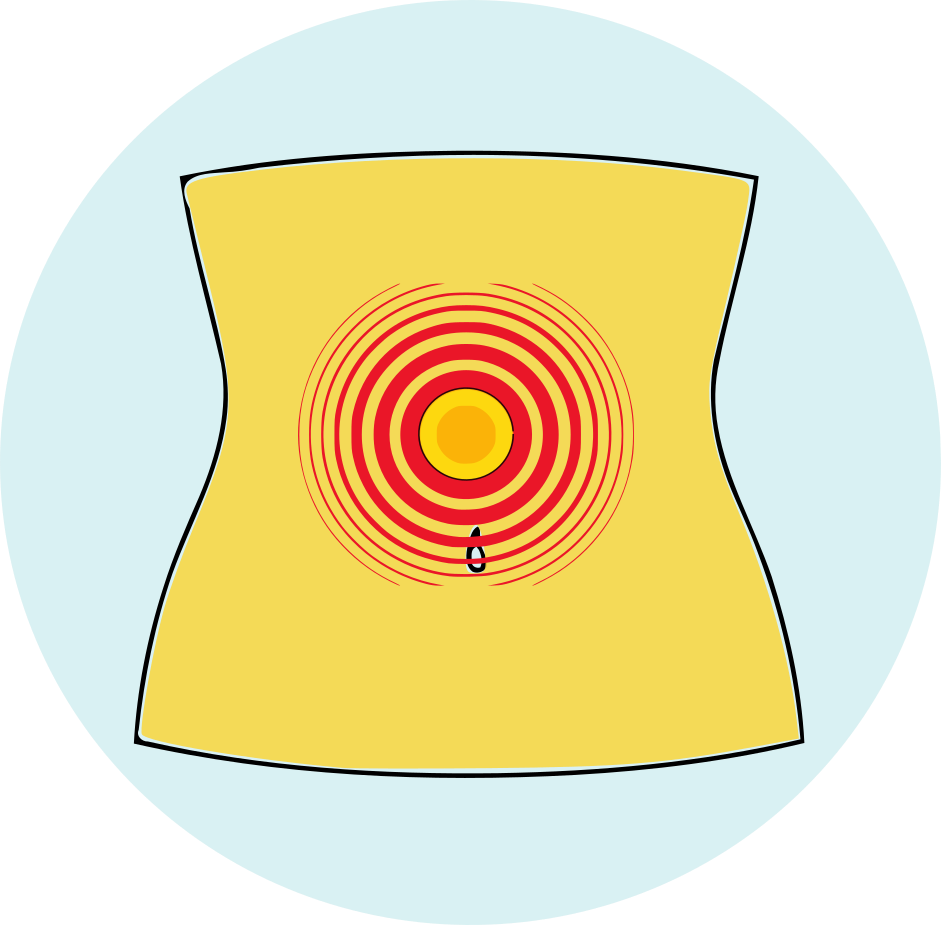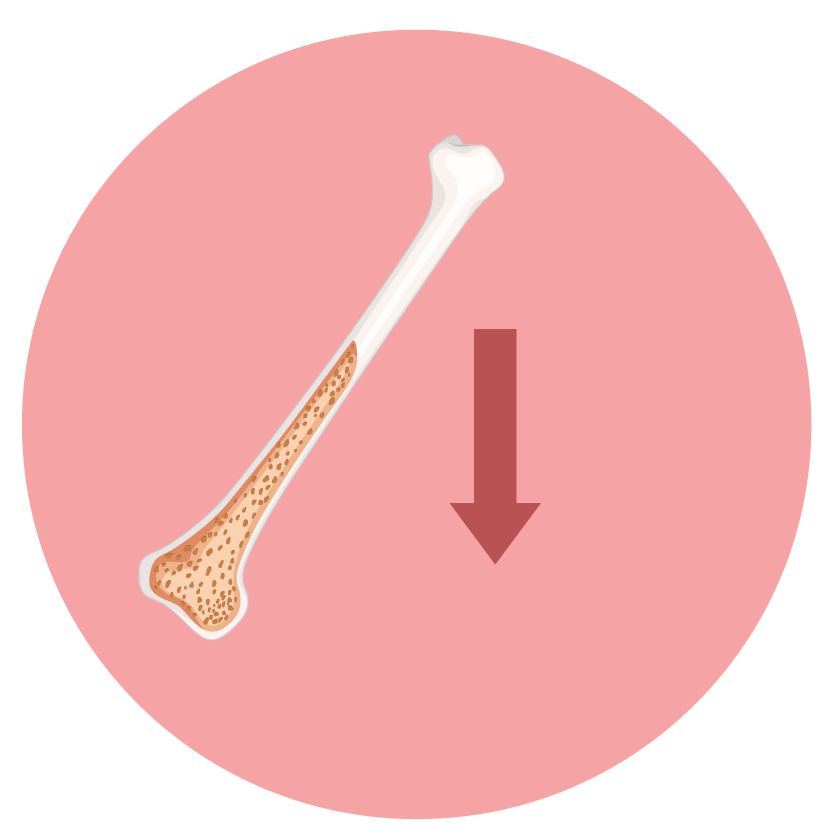| Name | Carbimazole |
| Classes |
Hormonal Agent Antithyroid Agent |
| Diseases |
Hormonal Disorder Hyperthyroidism |
Carbimazole
Carbimazole is a medication used to treat hyperthyroidism, a condition in which the thyroid gland produces an excessive amount of thyroid hormones. It belongs to a class of drugs called the azoles.
The initial dose is in the range 20 mg to 60 mg, taken as two to three divided doses. The dose may be adjusted based on individual patient response and the level of thyroid hormones. The medication should be taken with food to minimize the risk of gastrointestinal side effects.
The most common adverse reactions with carbimazole are gastrointestinal symptoms such as-
- nausea
- vomiting
- abdominal pain
Other adverse reactions may include rash, itching, and myelosuppression.
- The use of Carbimazole has been associated with bone marrow depression, including conditions such as neutropenia, eosinophilia, leucopenia, and agranulocytosis. In some cases, these conditions have been fatal. There have also been rare cases of pancytopenia, aplastic anemia, and isolated thrombocytopenia, as well as very rare cases of hemolytic anemia.
- Patients should be warned of the signs of infections, such as sore throat, bruising or bleeding, mouth ulcers, fever, and malaise. They should stop taking the drug and seek medical attention immediately if they experience these symptoms. Blood cell count tests should also be performed immediately if there is any evidence of infection.
- In case of any signs or symptoms of liver disorders, such as pain in the upper abdomen, loss of appetite, itching, the drug should be discontinued and liver function tests should be conducted. Early withdrawal of the drug increases the chances of complete recovery.
- Carbimazole should be used with caution in patients with mild to moderate liver problems. If abnormal liver function is detected, the treatment should be stopped. The half-life of the drug may be prolonged in case of liver disorders.
- Carbimazole should be temporarily discontinued when receiving radio-iodine treatment to avoid thyroid crisis.
- The use of Carbimazole in pregnant women must be based on a careful evaluation of the benefits and risks, and if it is used, the lowest effective dose without additional thyroid hormone administration should be administered, with close monitoring of the mother, fetus, and newborn.
Contraindication
Contraindicated in patients with hypersensitivity to the active substance or to any of the excipients.
None known.
Carbimazole is contraindicated in the following conditions-
- Serious, pre-existing hematological conditions such as-
- anemia
- leukopenia etc.
- Severe hepatic insufficiency.
- Patients with a history of acute pancreatitis after administration of carbimazole or its active metabolite thiamazole.
 Bangla
Bangla English
English







